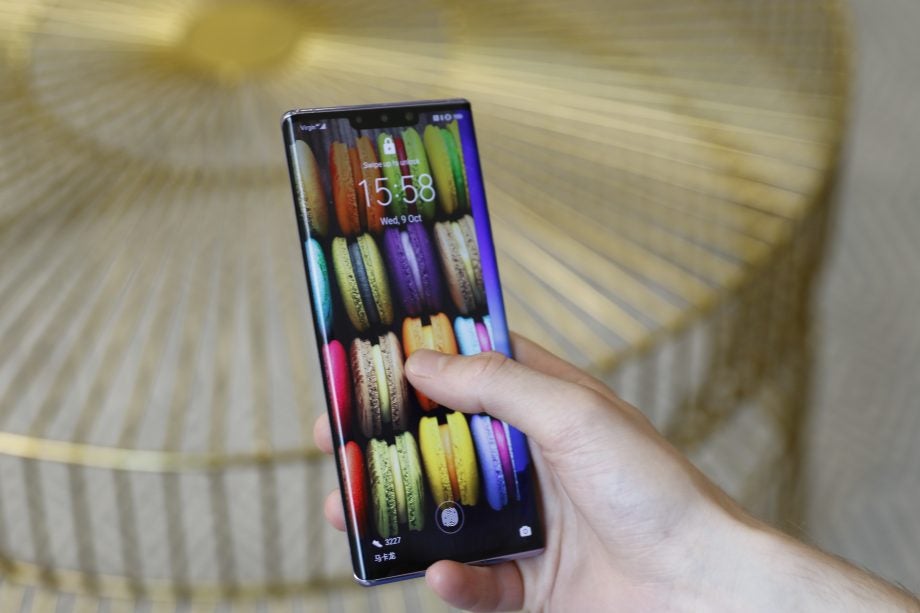Could the US government pressure the UK into freezing out Huawei?

Boris Johnson finds himself between yet another rock and yet another hard place. This time, the US government has expressed concern regarding the UK’s plans to involve Huawei in the building of Britain’s 5G network.
The Prime Minister has promised a decision after this month’s General Election.
Related: Best Android phones
US deputy assistant secretary for cyber security, Robert Strayer, made the American position on the issue very clear. He explained: “Any country that deploys Huawei equipment in any part of its 5th generation infrastructure” would threaten their position as a US intelligence partner, Sky News reports.
As a result, going ahead with plans to let the Chinese company help build the UK’s 5G network would apparently endanger links with the US. Those links seem all the more important as Brexit looms down on the UK economy. As a result, any British cooperation with Huawei seems to be being re-examined.
Prime Minister Johnson told the Financial Times: “I don’t want this country to be unnecessarily hostile to investment from overseas but, on the other hand, we cannot prejudice our vital national security interests”.
Huawei have maintained their innocence throughout and continue to contest any and all allegations suggesting that they are a security threat.
A Huawei spokesperson said in a statement: “We’re confident the UK government will continue to take an objective, evidence-based approach to cybersecurity. Our customers trust us because we supply the kind of secure, resilient systems called for by the Nato declaration.”
What started security concerns about Huawei?
These concerns are the latest episode in on-going spat between the US and Huawei.
US officials allege that cooperation with the Chinese phone manufacturer presents a host of data security issues. The saga started in 2018 when FBI Director Chris Wray warned consumers off buying Huawei and ZTE phones.
This led to the sale of Huawei and ZTE devices being banned on US military bases, and trading restrictions being placed on the companies.
Will the UK follow in the footsteps of the US?
Well, Trump’s government isn’t the only one to distance itself from the Chinese tech company. Back in 2018, Australia banned Huawei from supplying security-related equipment for the nation’s 5G rollout.
An Australian government source told Reuters: “It is a Chinese company, and under Communist law they have to work for their intelligence agencies if requested.” Japan also cut the company from its 5G plans and Italian politicians are reportedly pushing for a Huawei 5G ban.
However, Angela Merkel has resisted US pressure to drop the Chinese telecom giant. She said: “There are two things I don’t believe in… First, to discuss these very sensitive security questions publicly, and second, to exclude a company simply because it’s from a certain country.’’
Does Huawei present a genuine security risk?
While it remains to be seen whether Huawei actually presents the security risks that have been alleged, Huawei certainly didn’t help itself when it was accused of cheating an industry standard benchmark test.
One or two other incidents have brought the brand into question too: In January Huawei fired a member of staff following allegations of espionage in Poland and, more recently, two Huawei workers were expelled from Denmark following an investigation into improper work arrangements.
The UK National Cyber Security Centre has stated repeatedly that it believes Huawei is a security threat. In the organisation’s fifth annual oversight report, the Centre said it could only offer “limited assurance that all risks to UK national security from Huawei’s involvement in the UK’s critical networks can be sufficiently mitigated long-term”.
Huawei, meanwhile, is currently mounting a legal challenge, disputing the decision of US regulators to classify the company as a national security threat. At a news conference, the company’s chief legal officer, Song Liuping, said: “The US government has never presented real evidence to show that Huawei is a national security threat. That’s because this evidence does not exist.”
Equally, British MP Norman Lamb, who heads up the government’s science and technology committee, has conceded that there are “no technical grounds for excluding Huawei entirely from the UK’s 5G or other telecommunications networks”.
At the moment this is the state of play. The idea that Huawei is a security risk remains an allegation and nothing more.


